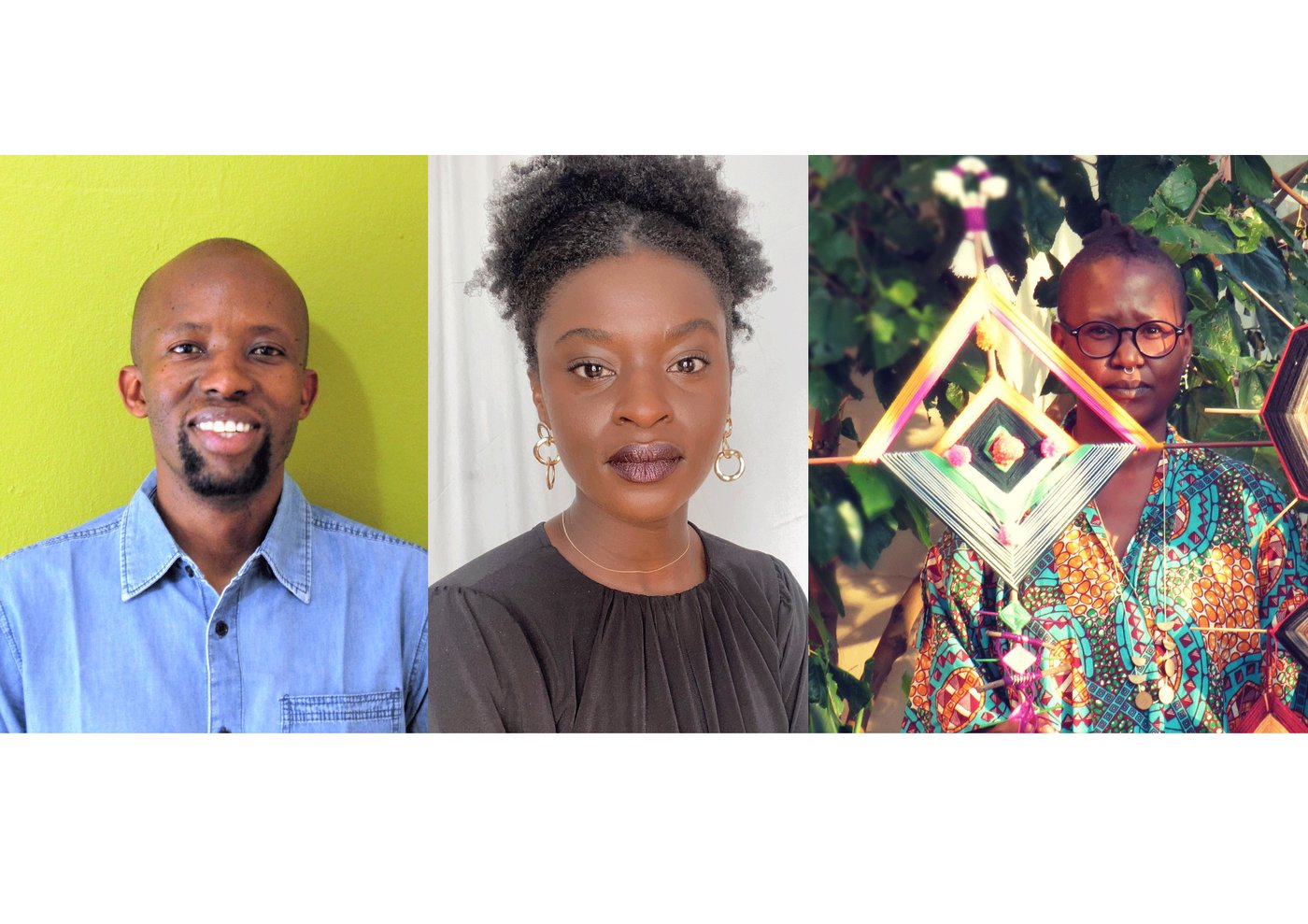Embedded knowledge, Plural histories, and Fashion democratization: A social justice fashion-based approach
A lecture by Fashion and Styles, Institute for Education in the Arts, organized by Elke Gaugele and Sarah Held.
Writing about transdisciplinarity, the illustrious Ugandan scholar, Dani Wadada Nabudere (2011) argues that social (and by implication restorative) justice becomes a futile exercise if and when adopted in a fragmented, uni-disciplinary manner. Taking a leaf out of his book, we continue the discussion within fashion discourse. Arguing that expanding an understanding and conceptualizing of fashion imaginaries as pluralistic manifestation sees fashion existing in multiple times and geographies. This dialogue will delve into the ways in which fashion can serve as a means for promoting social justice, questioning prevailing narratives and advocating for equity and inclusion. A fashion-based approach to engaging with social justice ideas offers a creative exploration/freedom of the archival possibilities from a fashion lens. Baloyi, Mchunu and Bediako each treat the themes of embedded knowledge, plural histories, and fashion democratization with examples from their research to theorize and practicalize social justice fashion-based approaches.
Biographies
Tinyiko Baloyi is a lecturer in Fashion Design at the University of Johannesburg, where she teaches practical and theoretical modules in fashion production and design. Her research explores the connection between collective making, indigenous crafts, and sustainable living. She facilitates fibre crafts and sewing workshops in communities across South Africa, promoting hands-on creativity and skill development. Her art and design practice is centred on metaphysical and social connection, aiming to bring creative expression to a wider audience.
Khaya Mchunu is a senior lecturer in the Department of Fashion Design in the Faculty of Art, Design, and Architecture (FADA) at the University of Johannesburg. His research interests include studying specific South African fashion and dress histories through archival work for alternative fashion imaginaries and narratives. He also has a keen interest in training interventions within the contexts of community sewing and craft circles through transdisciplinarity as an approach.
Kimberly Bediako is a lecturer in the Department of Fashion Design at the university of Johannesburg. She is involved in teaching undergraduate theory and design subjects and post-graduate supervision. She has a Bachelor of Arts in Fashion from LISOF. She studied further at the University of Johannesburg and obtained a BA Honours and Masters in Design. She is currently registered for her PhD in Communication at the University of South Africa. Kimberly has worked on international research projects and initiatives that contribute to the discourse of gender equality and representation, design education, and youth development through pedagogic intervention. Since 2020, Kimberly has been an Executive management committee member of the Design Education Forum of Southern Africa (DEFSA) and the current president of DEFSA since 2024. As an academic and researcher, she has a keen interest in critical design approaches, digital communication, digital fashion communication and media and its power in democratising and allowing for more inclusive access and representation in relation to socio-economic factors impacting society.
